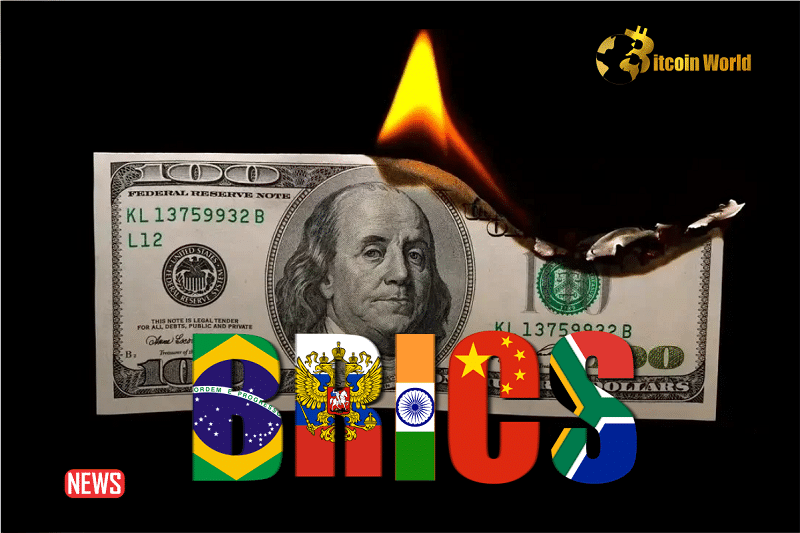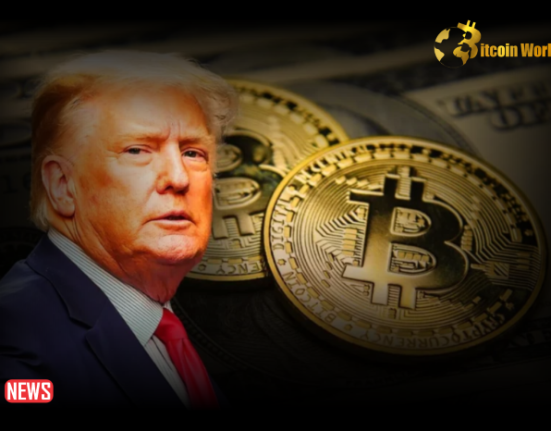- BRICS nations, especially Russia, China, and India, are attempting to replace the USD with their local currencies for global trade.
- Internal conflicts and geopolitical rivalries within BRICS, particularly between India and China, hinder this ambition.
- Despite efforts, the dominance of the USD in international trade remains largely unchallenged due to these internal divisions.
The global financial landscape is witnessing a tectonic shift with BRICS nations, especially Russia, China, and India. These nations are steering towards an ambitious plan.
The objective of these nations is to sideline the USD in favor of local currencies for international trade. This move, spearheaded predominantly by China, is gaining momentum as it woos other developing nations to jump on the bandwagon.
The strategy involves persuading countries like Saudi Arabia, Pakistan, Russia, India, and some African nations to switch from the USD to local currencies like the Chinese Yuan for bilateral trade settlements.
China’s persuasive tactics have been successful to some extent. This eastern giant’s influence is not just limited to its immediate neighbors but extends across continents, reshaping the way global trade operates.
Simultaneously, Russia, another key player in the BRICS alliance, is circumventing US sanctions by offering crude oil at discounted rates to developing countries, insisting on payments in either the Chinese Yuan or the Russian Ruble.
India, not to be left behind, is fostering new trade agreements with nations like the UAE, advocating for the Indian Rupee over the USD in global trade dealings.
See Also: Pakistan Makes Surprising Move To Join BRICS
BRICS and Its Currency Powerplay
The underlying strategy of these BRICS nations is clear: elevate their local currencies to a stature that challenges, if not replaces, the dominance of the US dollar in global trade.
But is this just a pipe dream, or can Russia, China, and India make it a reality? The answer isn’t straightforward. While on paper, the idea seems feasible, the internal dynamics within BRICS paint a different picture—one fraught with rivalry and discord.
At the heart of this complexity is the interplay of national interests and regional geopolitics. India, for instance, views China’s push for the Yuan in global transactions as a direct threat to its financial sovereignty and a step towards Chinese global financial domination.
The historical animosity and ongoing border disputes between these two Asian giants only add fuel to this fire, with domestic political narratives often sharpening these divisions.
See Also: Why BRICS Currency Would Outshine The US Dollar
The Infighting: A Roadblock to Ambition
Furthermore, the ambitions of these nations are not just economically driven; they are deeply entangled in the web of regional politics.
India’s discontent is further aggravated by Russia’s efforts to bring Pakistan, a historical rival of India, into the BRICS fold. Such moves could potentially strain the long-standing India-Russia relations and expose the cracks within the BRICS framework.
The internal strife within BRICS is not merely a disagreement over strategy but a reflection of the deep-seated quest for regional supremacy and influence.
This disharmony raises a critical question: Can these nations, with their contrasting agendas and mutual distrust, truly unite to dethrone the USD?
The aspiration of BRICS to replace the USD with local currencies seems more like a geopolitical chess game than a unified economic strategy.
The inherent infighting and the pursuit of individual national interests overshadow the collective goal. If the Yuan aims to usurp the dollar, India balks; if the Rupee makes a move, China bristles.
This tug-of-war ensures that the US dollar, for now, remains the undisputed kingpin of global trade. The dream of BRICS to elevate local currencies as dominant trade mediums, at least in the foreseeable future, remains just that—a dream.














